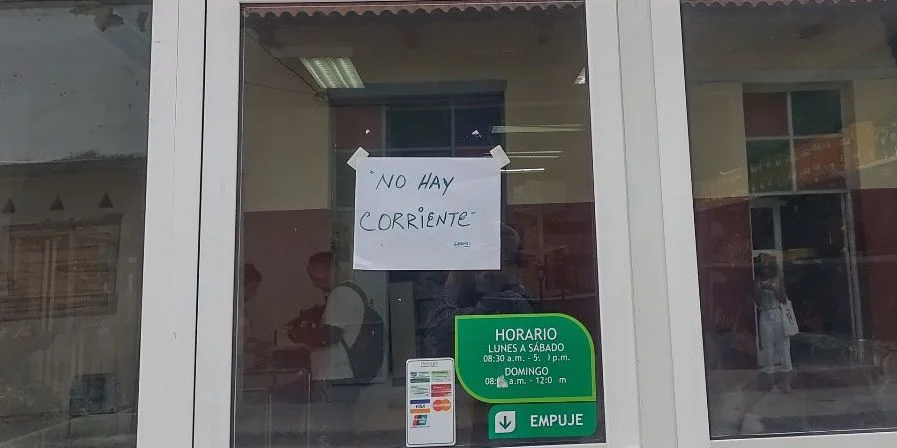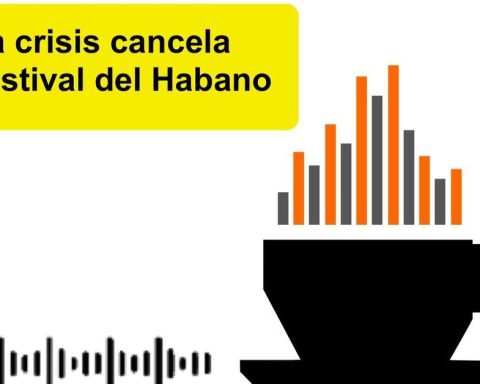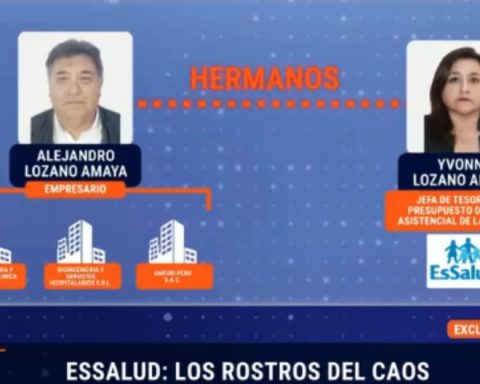MIAMI, United States. – The Ministry of Energy and Mines (MINEM) of Cuba reported on the social network
In this way, the MINEM confirmed the complaints on social networks that indicated a nationwide blackout. However, a few minutes after appearing, the publication was deleted.
The Electrical Union (UNE) of Cuba had already announced that the blackouts would simultaneously cover 49% of the national territory during peak hours (evening-night) this Friday, after a day in which the generation deficit was even greater (51%).
In the midst of the critical energy situation, the Cuban regime announced this Thursday severe measures that seek to alleviate the deficit in electricity generation, a consequence of the lack of fuel and growing demand, as reported by Prime Minister Manuel Marrero Cruz in a television appearance.
The provisions include the suspension of all services that are not vital and generate high energy consumption. As part of these restrictions, “cultural activities are suspended in both the state and non-state sectors,” stated the Ministry of Culture (MINCULT).
Likewise, the Ministry of Education (MINED) determined “to suspend teaching activities from Friday to Sunday at all levels of education.” Meanwhile, only essential services, such as hospitals and food processing centers, will continue to operate regularly, according to information released by official media.
Likewise, it was reported that the activities of nightclubs and recreational centers that “generate high concentrations of people” are suspended, with the aim of reducing the demand for electricity at critical times.
On the other hand, the country’s Energy Councils will be activated to manage the situation more efficiently, while only “essential personnel” will remain in the work centers, according to the new regulations.
The measures come in a context of growing uncertainty, with long days of blackouts (more than 20 hours a day) and an energy infrastructure that has not received the necessary investments for its modernization. The authorities assured that they are working on long-term solutions, such as the expansion of alternative energy sources, but these will not solve the immediate crisis.
Specifically, for this Friday the UNE calculated a maximum electricity generation capacity of 1,705 megawatts (MW) and a demand of up to 3,200 MW, for a deficit of 1,495 MW.
However, the impact (what will actually be disconnected) will reach 1,565 MW during the peak hours of this October 18, specified the UNE, which did not anticipate the “total disconnection” of the SEN.
According to reports on social networks, most Cuban provinces only have three hours of electrical service a day. This panorama has caused stupor and frustration among Cubans. “Let them close everything, the schools and workplaces or, rather, the entire country,” wrote the user Digna Niebla Noble in the forum of a publication of CubaNet on Facebook. “They should remove it completely [la corriente eléctrica]so we know that we do not have to suffer, and that they turn off our lives once and for all, excuse me, this is not life,” said Judith Ortiz Charon.
















